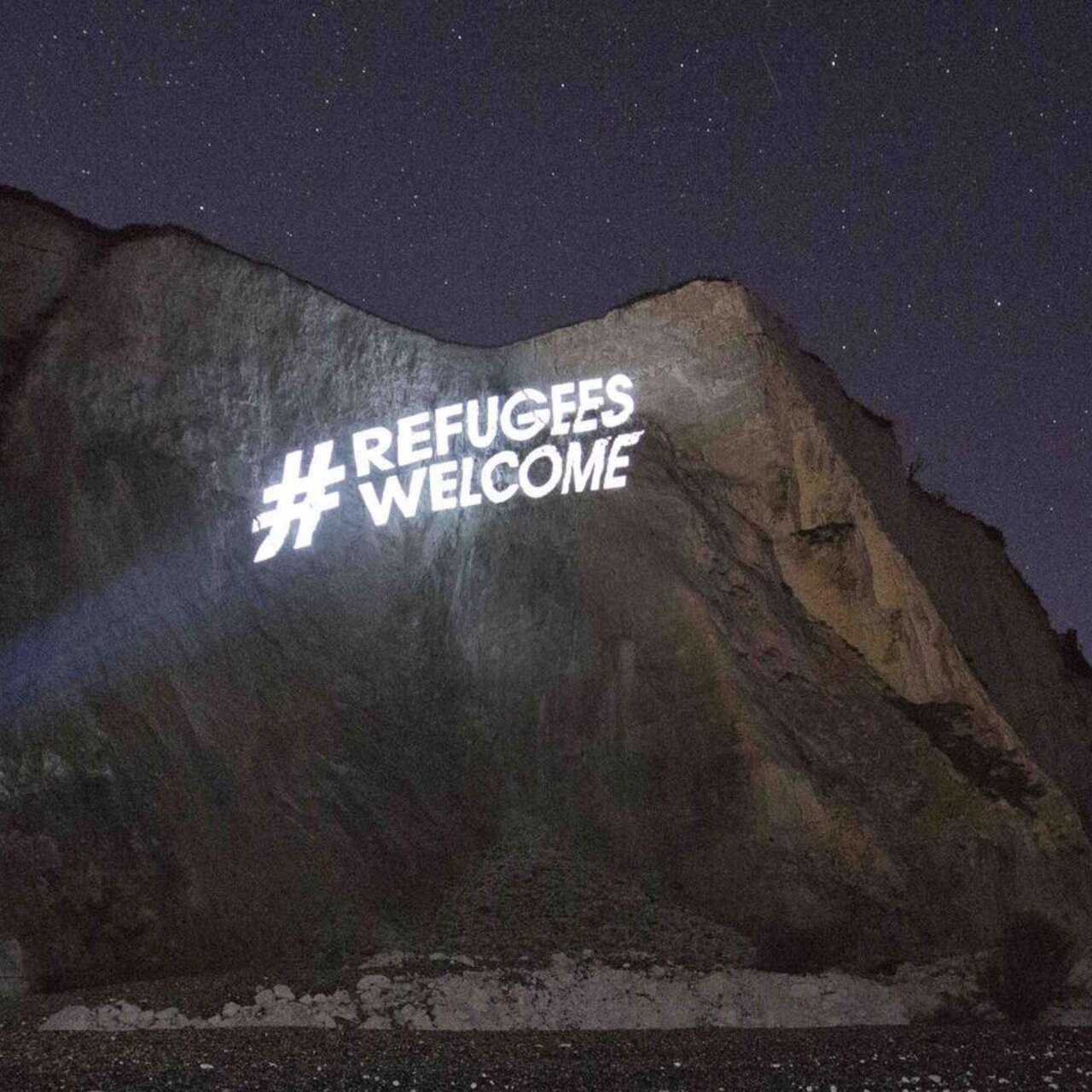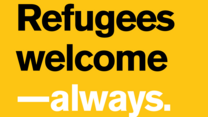
A common question asked by the British public is why some refugees pass through countries like France before they reach the UK.
And with many media outlets promoting a misleading narrative of the country being 'overrun' with new arrivals, it’s important to separate the myths from the facts.
So do refugees have to seek asylum in the first country they enter? And why don't asylum seekers stop before they get to the UK?
Why don’t refugees stay in neighbouring countries?
In reality, 70% of refugees remain in countries neighbouring their homeland. For example, Jordan currently hosts 1.3 million refugees from neighbouring Syria.
As of the end of 2023, the UK had approximately 448,000 refugees. This means refugees constitute around 0.6% of the population and the UK is home to just 1% of the refugees who have been forcibly displaced worldwide.
To put this into perspective, according to UNHCR statistics, Turkey currently hosts nearly 4 million refugees - more than any other country in the world - and most are from Syria which has been torn apart by war since 2011.
Why don’t refugees stay in France?
They do and France actually receives a much larger number of asylum claims than Britain – around 167,000 in 2023, compared to 67,000 in the UK.
Those who arrive in France often choose to remain there and a relatively small proportion of the asylum seekers intend on moving on to the UK.
As for the rest of the EU, in 2023 Germany remained the top destination for asylum seekers receiving more than 350,000 asylum claims, almost a third of all EU applications. Spain and Italy also received a significant number of applications, 163,000 and 136,000 claims respectively.
Reasons refugees travel to the UK
Family ties
According to Care 4 Calais, the main reason many refugees continue their journey to the UK is because of family connections. Refugees who have been forced to leave their homes due to war and persecution face having to start their lives from scratch.
Just as anyone might seek help from family or friends in a crisis, refugees often aim to reunite with relatives who can provide support in a new country.
In a recent poll conducted by the IRC, 67% of the UK public said they would want to be able to choose which country they sought asylum in if they were forced to flee their homes.
Language
The ability to speak English also plays a crucial role as to why some people may come to the UK. Speaking the local language greatly enhances a person's ability to build relationships, access support and education, and integrate into society.
It is also incredibly important when it comes to finding employment which enables refugees to become independent and share their skills with society.
Learn more about the IRC's English Language support for refugees here.
Professional connections
Some refugees also have professional connections to the UK, such as people from Afghanistan who supported British forces or other organisations during the war there.
One pilot from Afghanistan served alongside British forces, but had to flee his home and leave his young family in hiding when the Taliban took control. He came to the UK on a small boat as he was initially rejected under the government’s Afghan resettlement scheme. The air force lieutenant said he was “completely happy” after the Home Office later accepted his asylum claim.
It’s important to remember that most people who come to the UK to claim asylum know nothing about the immigration process before they arrive and have no expectation that they will receive financial support. Almost all people seeking asylum are not allowed to work and are forced to rely on state support which is as little as £6.43 a day to live on.
The right to seek asylum
There is no legal obligation for refugees to claim asylum in the first country they reach and this is a key protection by the Refugee Convention, which the UK signed up to.
If all refugees applied for asylum in the first European country they arrived, at entry points such as Italy and Greece, the refugee protection system would fall apart, as the whole system relies on cooperation.
The truth is, the UK receives a tiny number of refugees compared to other countries in the EU and around the world. There are multiple reasons why refugees might come to the UK to find safety and begin to rebuild their lives.
We also know that with the right support, refugees can make invaluable contributions to our communities - economically, culturally and socially. Their talents, skills and resilience have the power to strengthen and enrich our society.
Read more hopeful stories of refugee integration here.
What is the IRC?
The International Rescue Committee (IRC) helps people affected by humanitarian crises to survive, recover and rebuild their lives. We deliver lasting impact by providing health care, helping children learn, and empowering individuals and communities to become self-reliant, always with a focus on the unique needs of women and girls. Our work spans more than 40 crisis-affected countries, and we provide resettlement, asylum, and integration services in communities across the United States and Europe, including supporting refugees rebuilding their lives in the UK.



